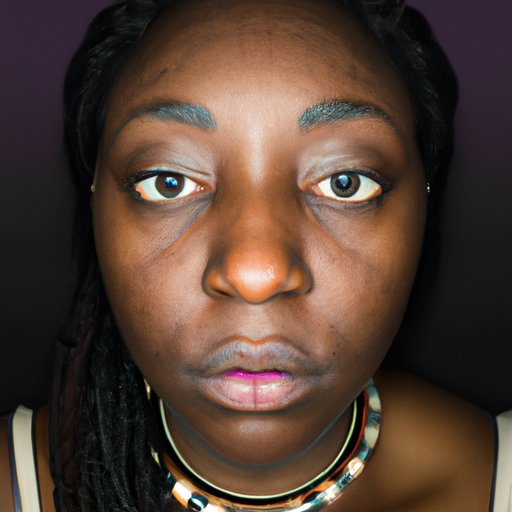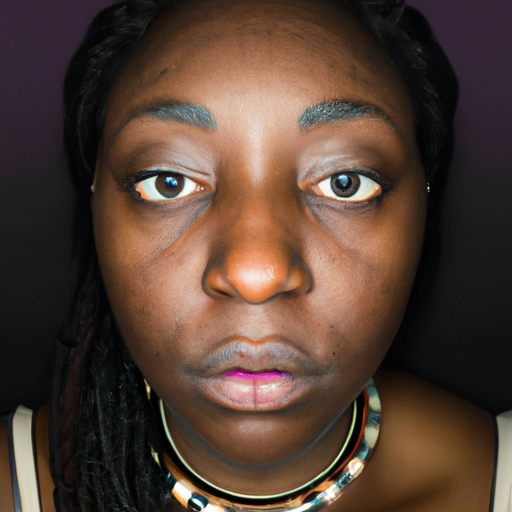Title: Banishing Blemishes: Your Ultimate Guide to Acne Solutions
As a seasoned medical professional, I’ve encountered countless patients grappling with the distressing issue of acne. This common skin condition, characterized by inflamed or pus-filled skin blemishes, can affect people of all ages and skin types. It’s not just a cosmetic concern; acne can significantly impact an individual’s self-esteem and overall quality of life. In this article, we’ll delve into the ultimate guide to acne solutions, aiming to help you understand and effectively manage this skin condition.
Acne is primarily caused by the overproduction of oil by the skin’s sebaceous glands, coupled with the accumulation of dead skin cells in hair follicles. Other factors such as hormonal changes, stress, diet, and certain medications can also contribute to its development. Understanding these causes is the first step towards finding an effective acne solution.
Over-the-counter (OTC) treatments are often the first line of defense against acne. These products typically contain ingredients like salicylic acid, benzoyl peroxide, and sulfur, which work to reduce oil production, fight inflammation, and speed up skin cell turnover, respectively. However, it’s crucial to remember that while OTC treatments can be effective for mild acne, more severe cases may require prescription medication.
Prescription treatments for acne include topical retinoids, antibiotics, and oral medications like isotretinoin. Topical retinoids help prevent the plugging of hair follicles, while antibiotics can reduce bacteria and fight inflammation. Isotretinoin, on the other hand, is a powerful drug used for severe or resistant acne. It’s important to consult with a dermatologist before starting any prescription treatment, as these medications can have side effects.
In addition to medical treatments, lifestyle changes can also play a significant role in managing acne. A balanced diet rich in fruits, vegetables, lean proteins, and whole grains can help regulate hormones and reduce inflammation. Regular exercise, adequate sleep, and stress management techniques like meditation or yoga can also contribute to healthier skin.
Lastly, professional treatments like chemical peels, laser therapy, and light therapy can be beneficial for some individuals. These treatments work by reducing oil production, killing acne-causing bacteria, or stimulating skin cell turnover. However, they should be performed by a qualified professional and may not be suitable for everyone.
In conclusion, while acne can be a challenging condition to manage, numerous solutions are available to help control it. From over-the-counter treatments and prescription medications to lifestyle changes and professional therapies, the key is to find a treatment plan that works best for your skin type and condition. Always consult with a dermatologist or healthcare provider before starting any new treatment. Remember, achieving clear skin is a journey that requires patience and consistency.
Keywords: Acne solutions, Over-the-counter treatments, Prescription treatments, Lifestyle changes, Professional treatments, Skin condition, Dermatologist, Healthcare provider.




